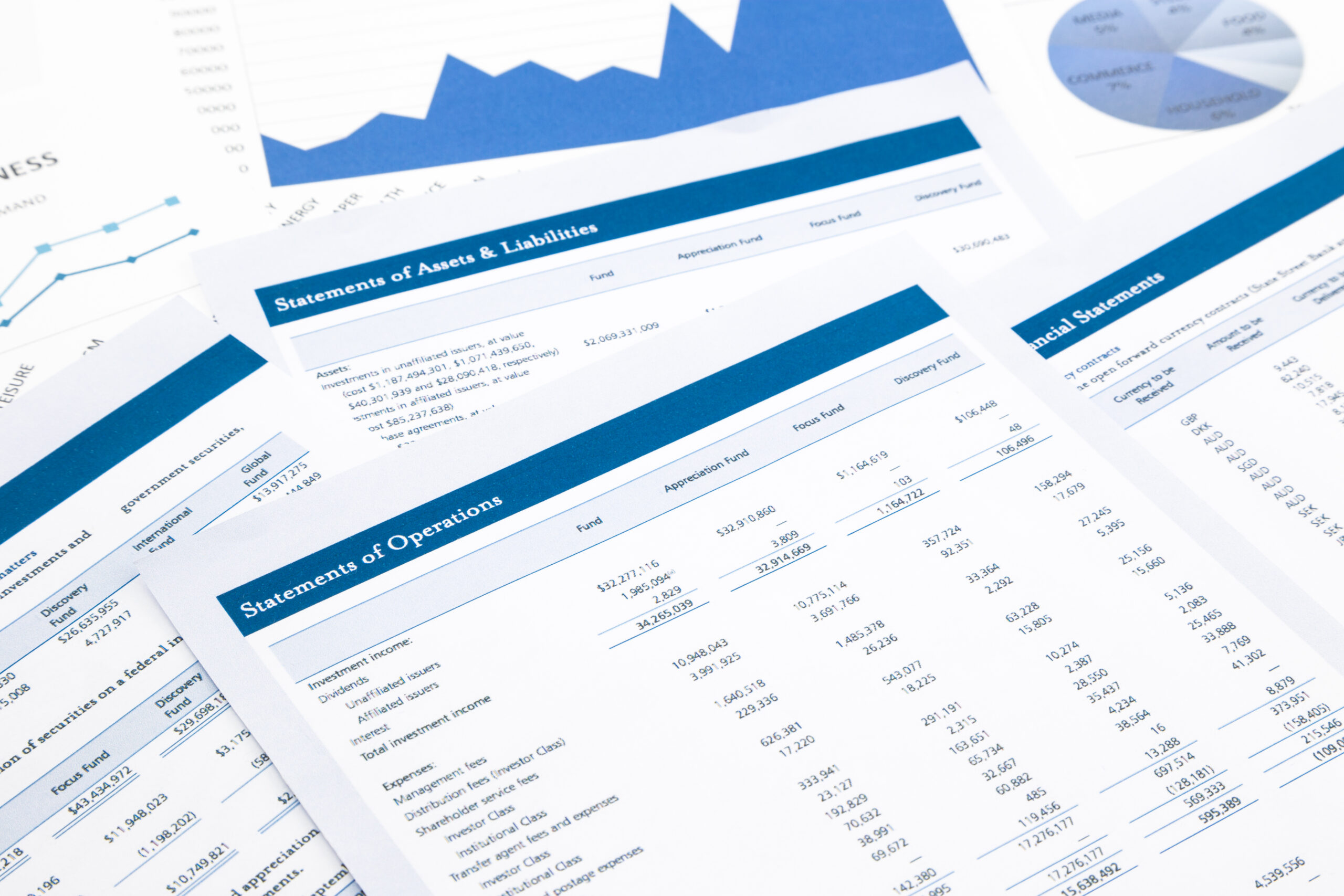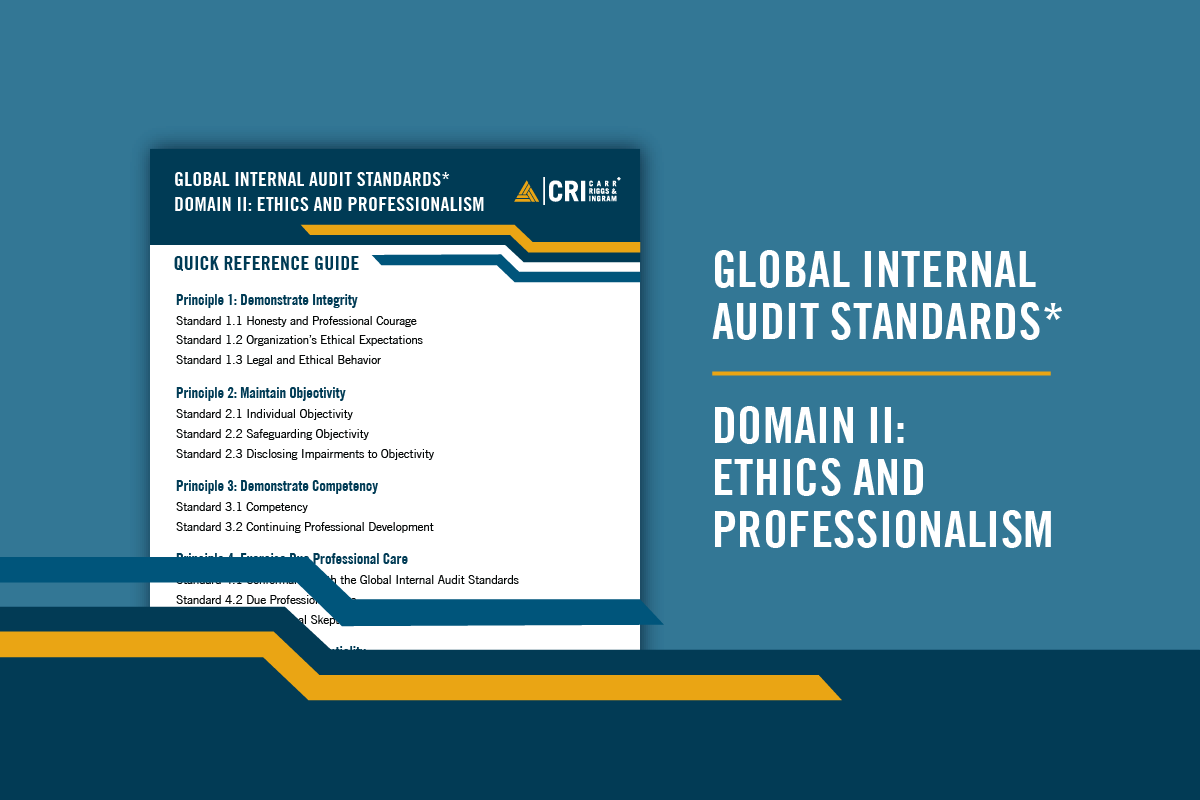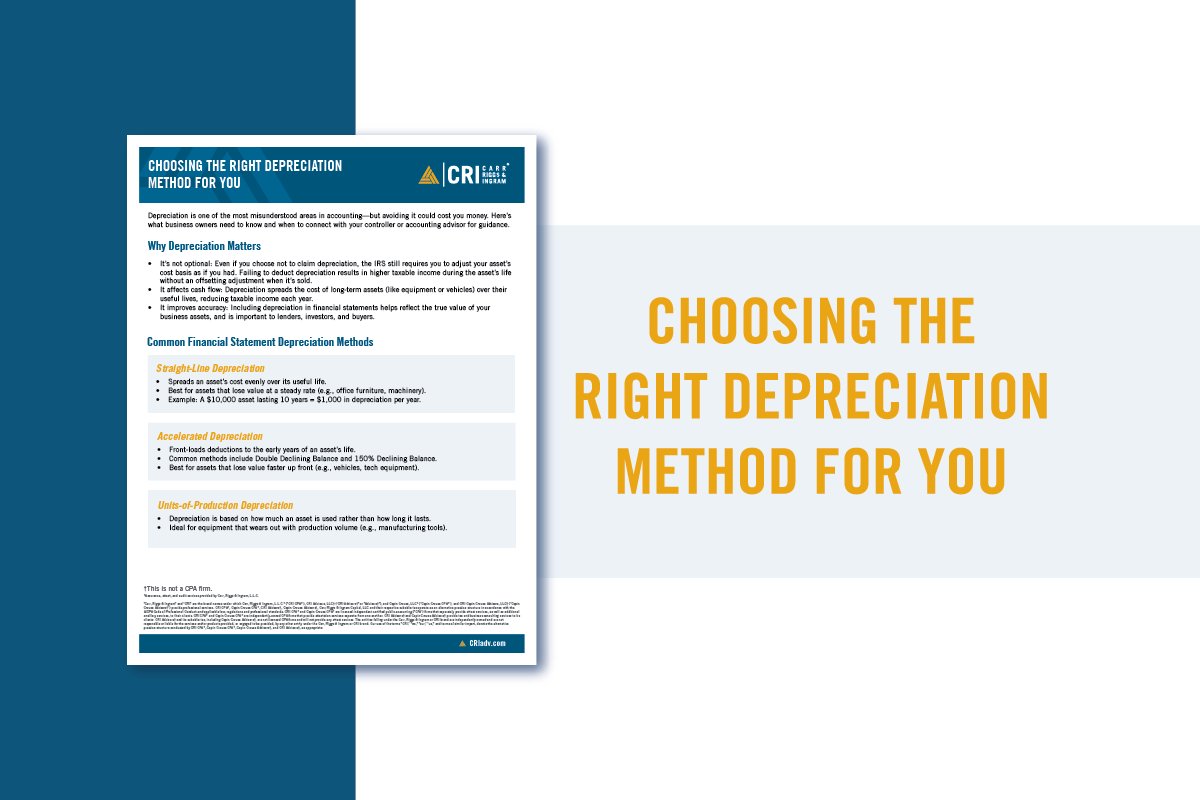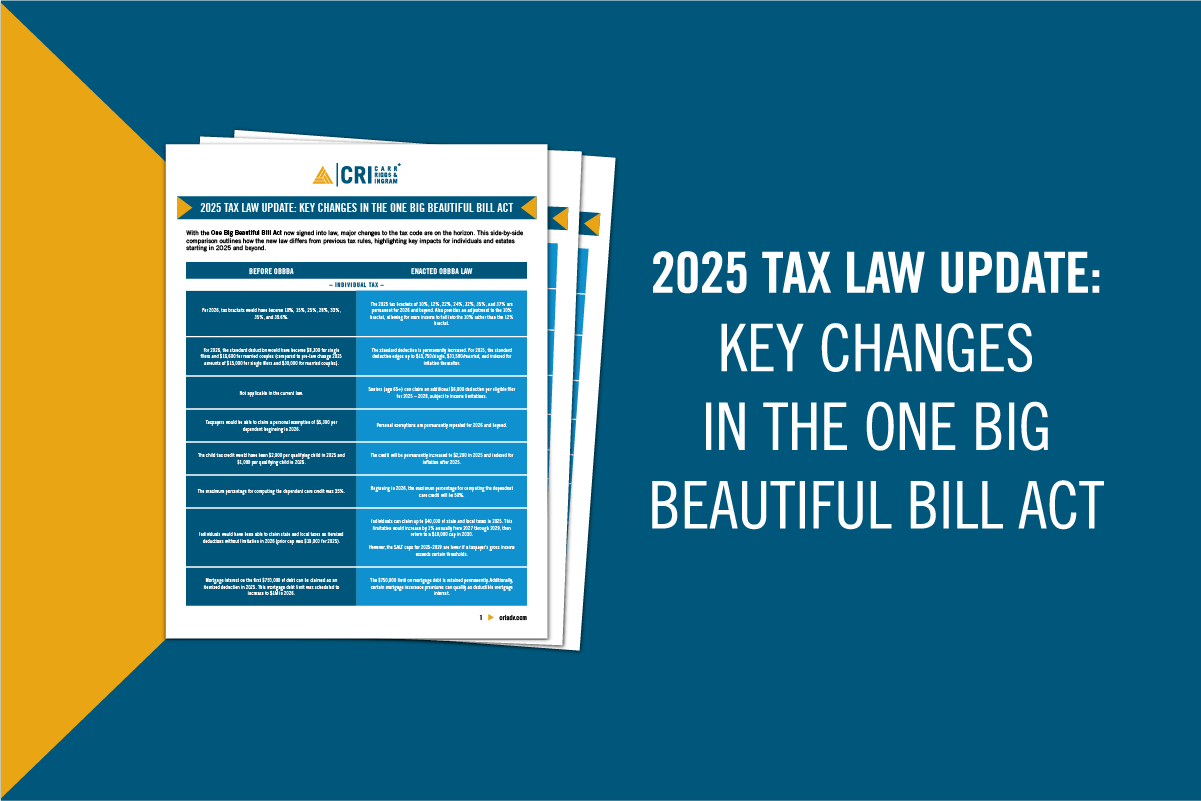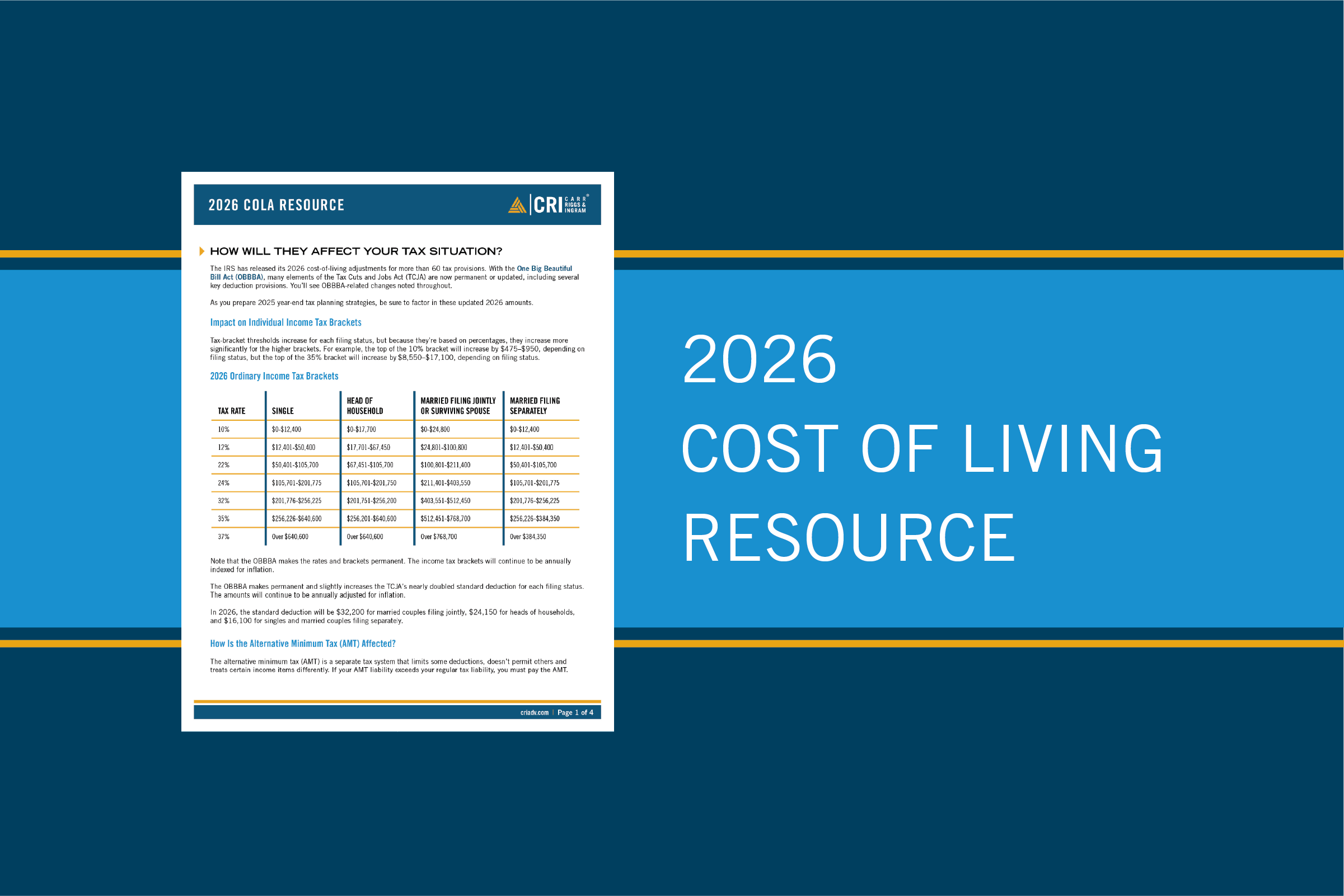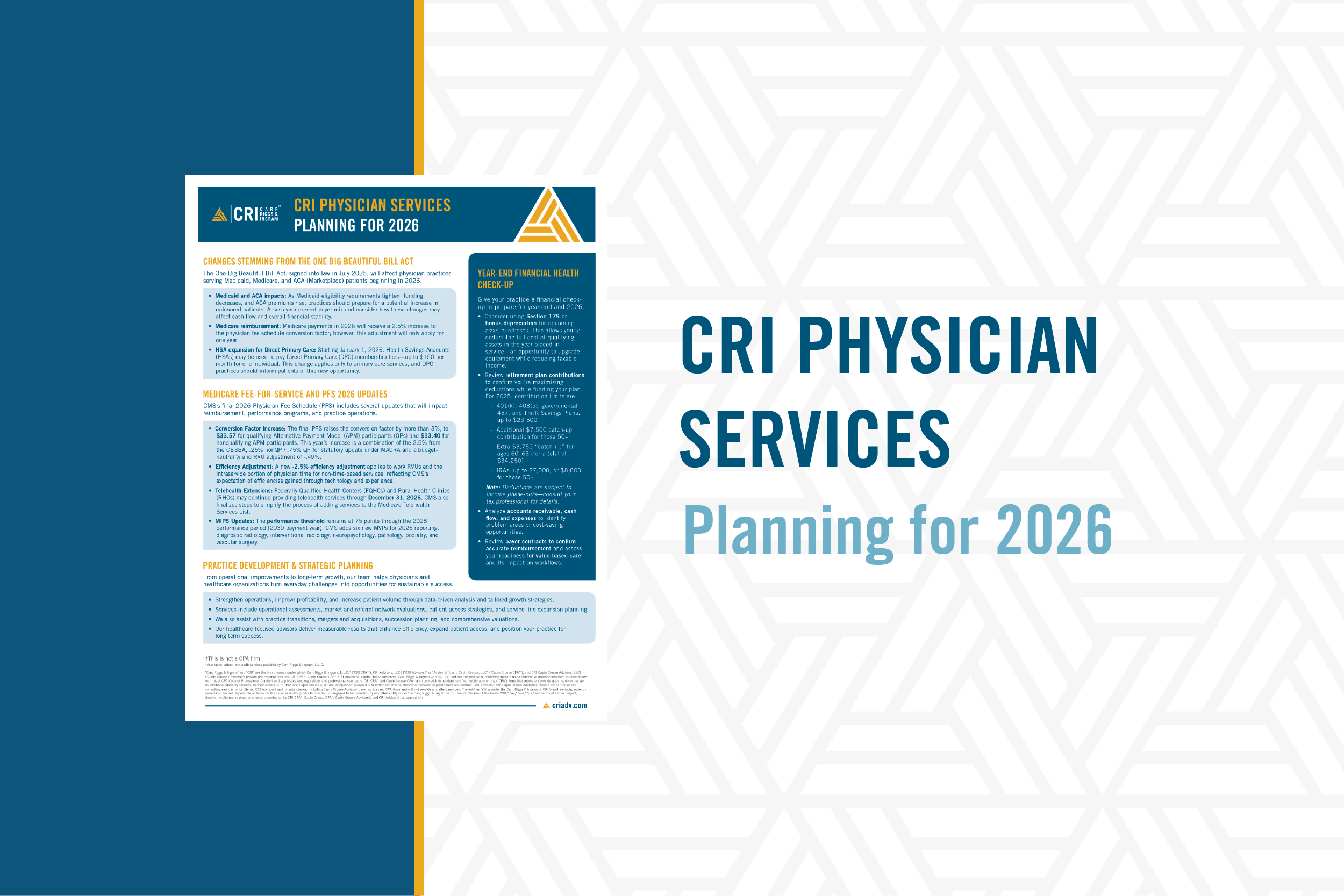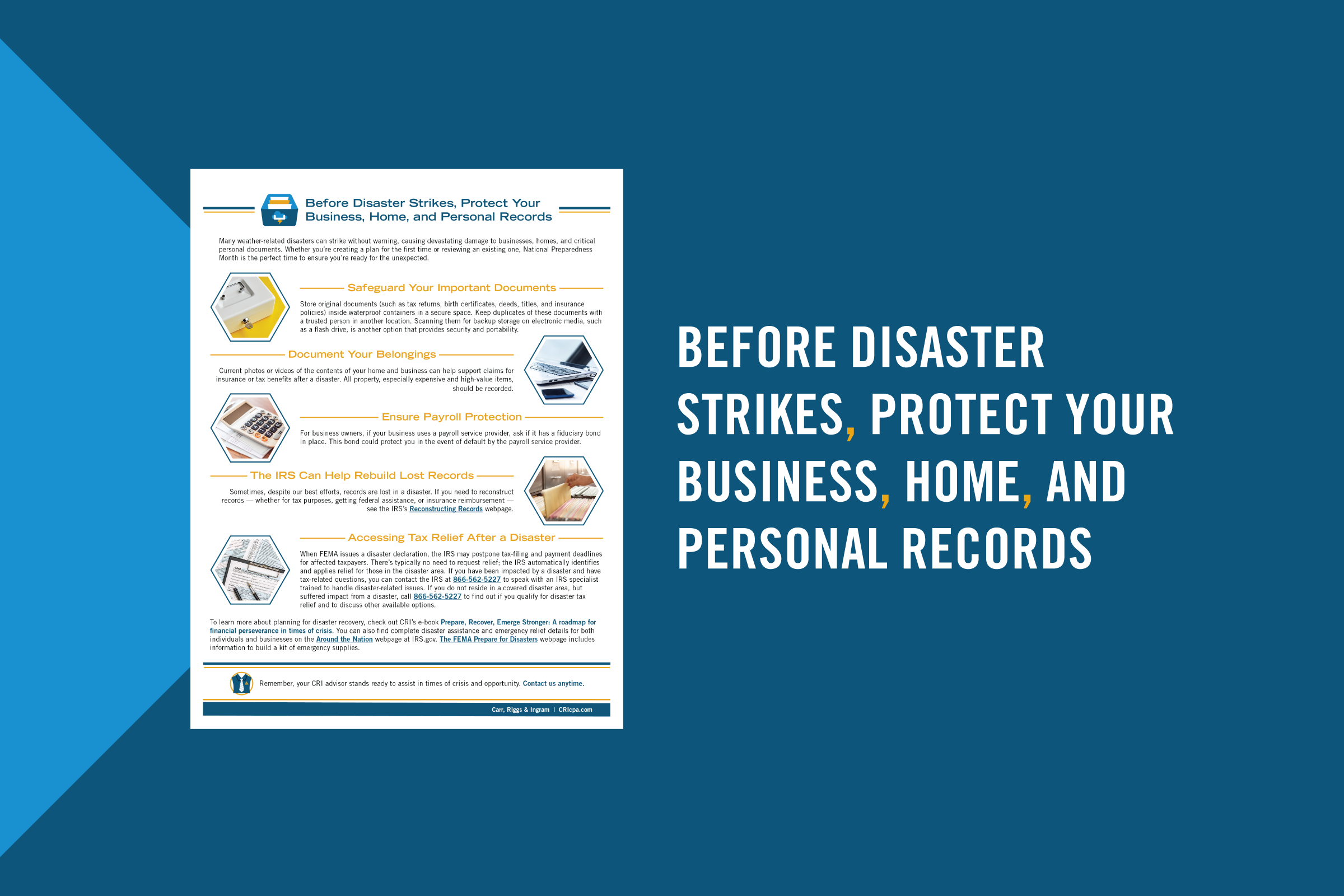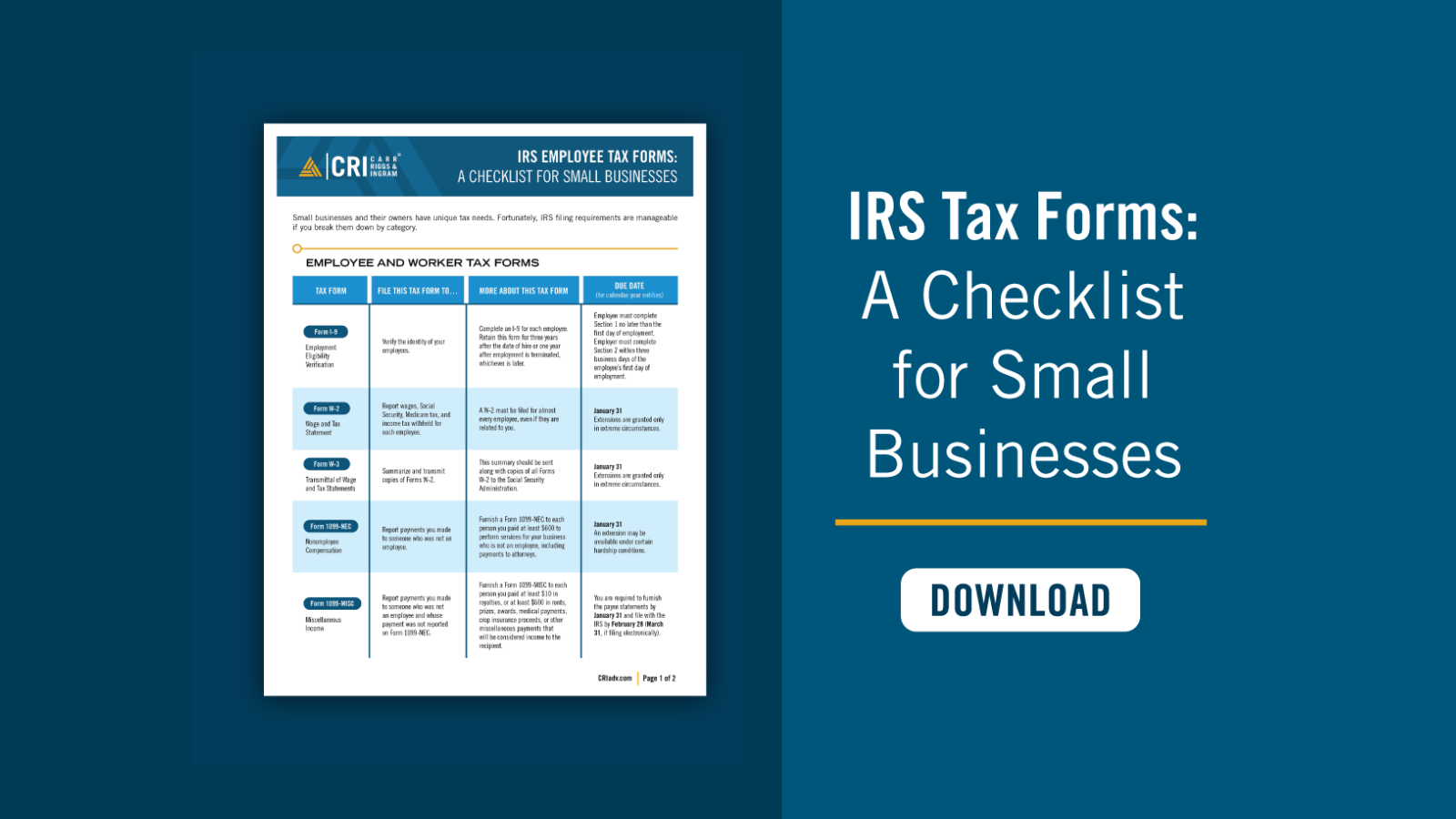How New Technologies Are Transforming Insurance
- Contributor
- Scott Bailey
May 6, 2025
Traditionally seen as slow to adopt new technologies, insurers across all lines of business are now actively investing in and mobilizing dedicated teams to harness the potential of these innovations. Recent technological advancements have turned once-dreamlike concepts into everyday reality, from autonomous vehicles to health-monitoring wearables. Among others, the insurance industry is undergoing significant transformation fueled by these cutting-edge technological developments.
These technologies can create competitive advantages, unlock new revenue streams, and enhance operational efficiency for insurers. Some carriers are already implementing early use cases, while others are focusing on developing comprehensive enterprise strategies, governance models, and delivery capabilities before expanding their applications. Across the industry, there’s a shared challenge: balancing the optimal path forward in leveraging these technologies with laws and regulatory requirements.
From Vision to Reality
A wave of new technologies is driving a significant transformation in the insurance industry. Advancements such as biometric sensors, telematics, and autonomous vehicles are turning ambitious visions into reality. These innovations enable more precise risk assessments, personalized customer experiences, real-time data collection for improved risk management, and automation of routine tasks, all of which reduce costs and boost efficiency. As a result, insurers are better equipped to deliver superior services and maintain a competitive edge in an ever-evolving market. Among the most notable advancements are:
Artificial Intelligence (AI): AI is set to revolutionize the industry through advanced underwriting, predictive risk assessment, and personalized product recommendations, making it a true game-changer in insurance.AI-powered systems excel at handling tasks such as data collection, underwriting, and claims processing with unprecedented speed and accuracy. By automating routine tasks, insurers can shift their focus to more complex decision-making and customer service, ultimately enhancing productivity and customer satisfaction. Tools with integrated AI technology can also offer insurers powerful insight into costs and inefficiencies affecting the businesses. In both the near and long term,
Biometric Sensors: Wearable technology, particularly biometric sensors, has rapidly evolved, leading the charge in health insurance. These devices provide real-time health data, such as heart rate and activity levels, enabling insurers to create personalized policies. Some companies even offer rewards or premium discounts to policyholders who meet specific health goals, like reaching a daily step count. This trend toward personalization is revolutionizing how health insurance is assessed and priced, fundamentally changing the way in which policies are underwritten.
Telematics: Within the auto industry, the use of telematics—technology that collects and transmits data from vehicles—has become increasingly popular for managing risk. By monitoring driving behaviors, such as speed, braking patterns, and time of day, insurers can tailor policies more accurately to individual risk profiles. This data-driven approach helps in pricing policies and encourages safer driving habits among policyholders.
Drones: Drones are proving invaluable for insurance companies, particularly in claims management and loss assessments. These unmanned aerial vehicles can access hard-to-reach or dangerous areas, such as disaster zones, gathering crucial data quickly and safely. Beyond expediting the claims process and providing faster, more accurate settlements, drones also reduce the need for manual inspections, lowering operational costs and minimizing risk to human assessors.
Autonomous Vehicles: Autonomous vehicles are driving a significant shift in the auto insurance landscape. Insurers are continuously evaluating if the use of autonomous vehicles could result in reduced accident rates, thereby reducing claim frequencies and claim severity. These developments are not without new risks, such as software malfunctions and cyber threats, which will require insurers to adapt their coverage offerings. Developing policies that incorporate software and cybersecurity protections will be crucial as this technology continues to evolve.
Safeguarding Customer Data in a High-Tech World
As technology becomes more integral to the insurance industry, the importance of data security and customer privacy cannot be overstated. The vast amounts of data generated—often referred to as “Big Data”—necessitate robust safeguards against cyber threats, data breaches, and software failures.
The National Association of Insurance Commissioners (NAIC) is increasingly focused on how insurers collect, use, and protect this data. The 2024 Adopted Charges for the Big Data and Artificial Intelligence (H) Working Group include:
- Researching the use of big data and AI in insurance, and presenting findings to the Innovation, Cybersecurity, and Technology (H) Committee.
- Tracking AI developments at the state, federal, and international levels, and addressing their impacts on state insurance laws.
- Supporting the adoption of AI guidelines, exploring synthetic data for testing bias, and collaborating with the Center for Insurance Policy and Research.
- Developing a glossary for AI discussions and providing educational content for regulators on big data and AI in insurance.
Insurers must not only invest in cutting-edge technologies but also ensure compliance with regulatory standards and the protection of sensitive customer information.
Staying Ahead in a Rapidly Changing Landscape
Insurers who embrace technological innovations will position themselves as industry leaders, gaining a competitive edge over those slower to adapt. Effectively leveraging new technologies while prioritizing customer needs and data security is crucial to thriving in this dynamic industry.
If you’re considering implementing new technologies in your insurance business, now is the time to act. Contact your CRI advisor today to explore the best options for your company and ensure you’re at the forefront of industry innovation. We’re here to help you lead the way and secure your future in this ever-evolving field.























